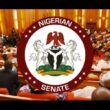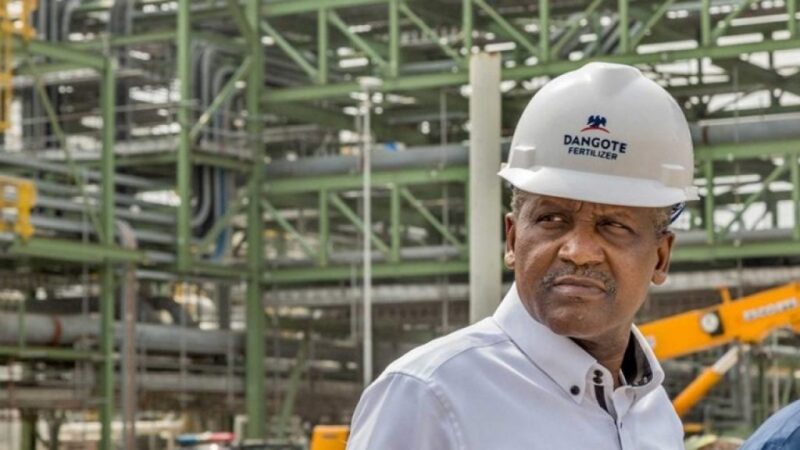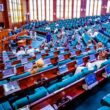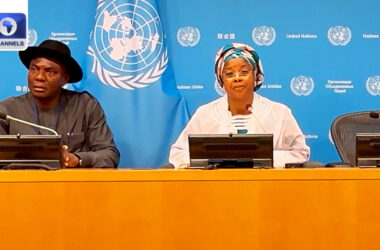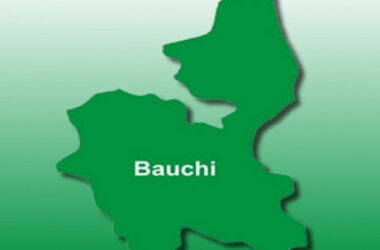The House of Representatives has called on Dangote Refinery to make public the price at which it sells petroleum products to the Nigerian National Petroleum Corporation (NNPC) Limited and other major marketers. This request was made during a plenary session on Thursday, following a motion presented by Oboku Oforji, a member of the House.
The lawmakers are pressing for more transparency in the pricing of petroleum products amid reports of disagreement between Dangote Refinery and NNPC Limited. According to reports, NNPC Limited has been buying petrol from Dangote Refinery at N898 per litre. However, the refinery denies this figure, asserting that it is selling petrol at a lower price than what is being claimed by the NNPC.
To shed light on the ongoing dispute, the House has also asked NNPC Limited to disclose how much it pays the refinery for crude oil used in producing the petroleum. The goal is to ensure clarity and accountability in the dealings between the two major entities.
The issue of pricing is seen as a significant concern, particularly as Nigeria continues to face challenges with fuel distribution and affordability. Some lawmakers believe that making the costs public would foster transparency and trust in the country’s petroleum sector.
In an effort to resolve the fuel distribution challenges, the House of Representatives further recommended that Dangote Refinery expand its storage and distribution capacity across the country.
The lawmakers urged the management of the refinery to either build new facilities, acquire existing ones, or form partnerships to establish tank farms or depots in each of Nigeria’s geopolitical zones. This would help ensure smoother distribution of petroleum products and reduce bottlenecks.
In his motion, Oforji acknowledged the positive impact of the Dangote Refinery on Nigeria’s energy independence. He highlighted the country’s progress toward energy self-sufficiency, noting that the refinery helps Nigeria save on foreign exchange and attract foreign investments. The export of finished petroleum products also provides the country with an additional source of foreign exchange.
“Nigeria is driving towards energy self-sufficiency, cost and foreign exchange savings, meeting the increasing demand for fuels, attraction of foreign capital investment, generation of Forex through export of finished product,” Oforji said during the session.
To further promote sustainability in the energy sector, Oforji also suggested that Dangote Refinery sell its products directly to independent marketers, rather than relying solely on major marketers. This, he argued, would increase competition in the market and potentially lower prices for consumers.




